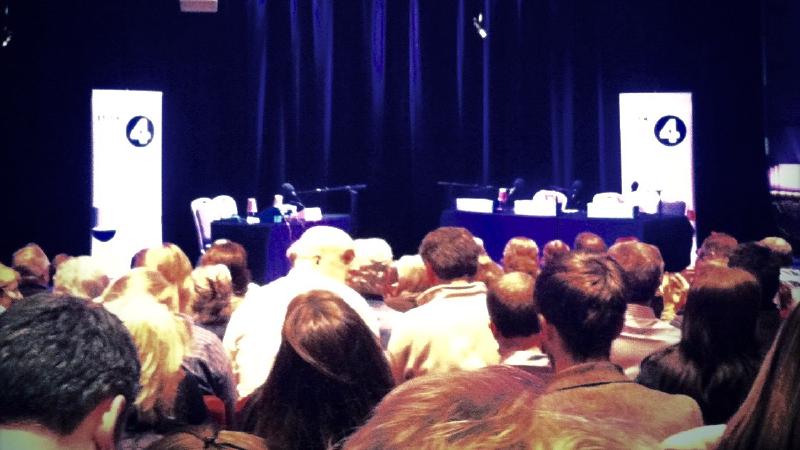Part 1: Preparation

What’s the point?
The first step is to develop a clear idea of the purpose of the interview, book an appropriate guest and research their background. Ask yourself:
-
Why are you interviewing this person?
-
Why are they interesting to your audience? (Do you know who your audience is?)
The CiW interviews (and similarly those for Scientists not the Science) I conducted were predominantly with scientists who had little or no experience of being interviewed. However most had plenty online about their research and background, and I made sure to read up as much as I could beforehand.
Questions to ask
Because of the highly structured and short nature of the CiW interviews I also drafted a list of questions to ask, along the lines of:
- Please describe your name and background
- How do you describe your research in one sentence?
- When did you start calling yourself a scientist?
- How is your research going to save the world? (deliberately provocative and used sparingly when a good rapport has already been established!)
- What’s been the most exciting thing you’ve ever done in science?
I had these on to hand as a checklist, but didn’t just read them out - this can come across as stifled in the recording. I tended to modify their tone and language during the interview depending on the context and how the interview is going.
Having a plan helps me focus on what I want to achieve with an interview, and also makes sure I don’t miss any obvious audio I wanted to record – for example the interviewee introducing themselves. For the longer Scientists not the Science interviews my plan tends to include themes I want to talk about, rather than specific questions. Ultimately I’m having a conversation and want it to be as natural as possible, while at same time slowly steering it in a particular direction – this is tricky and I’m still practicing.